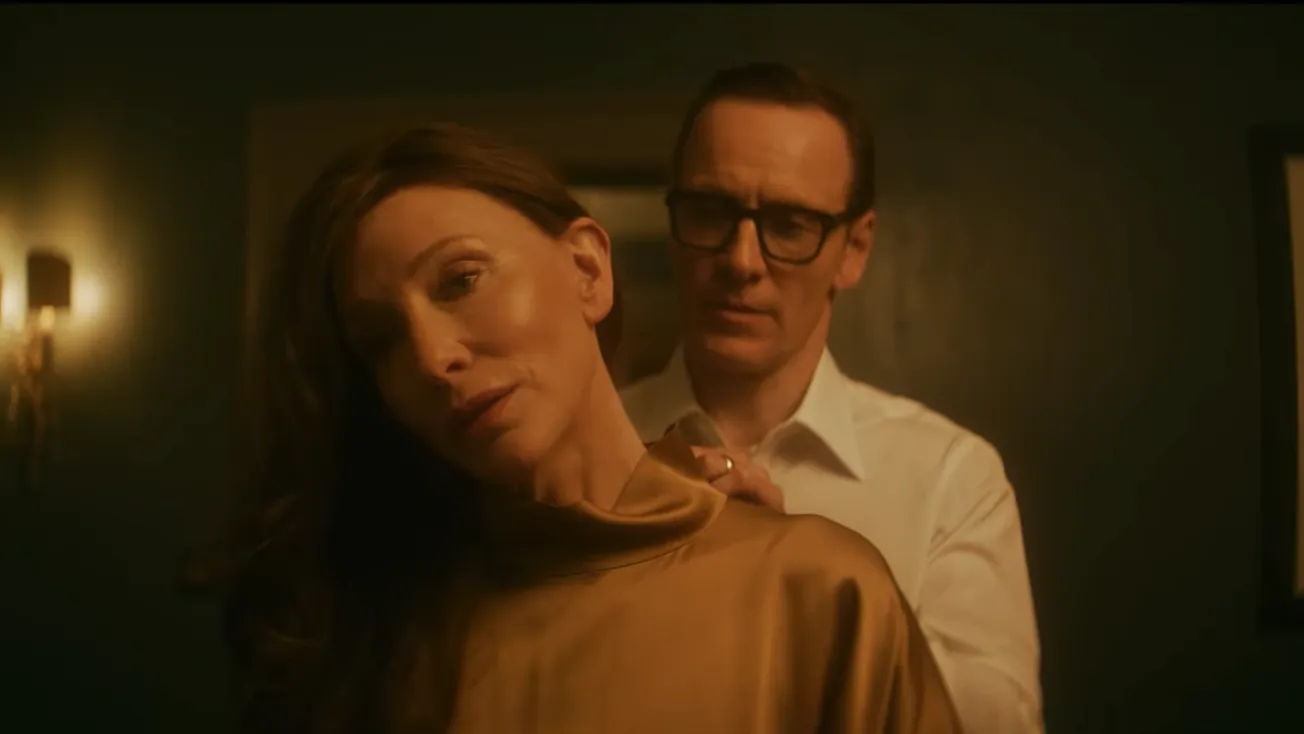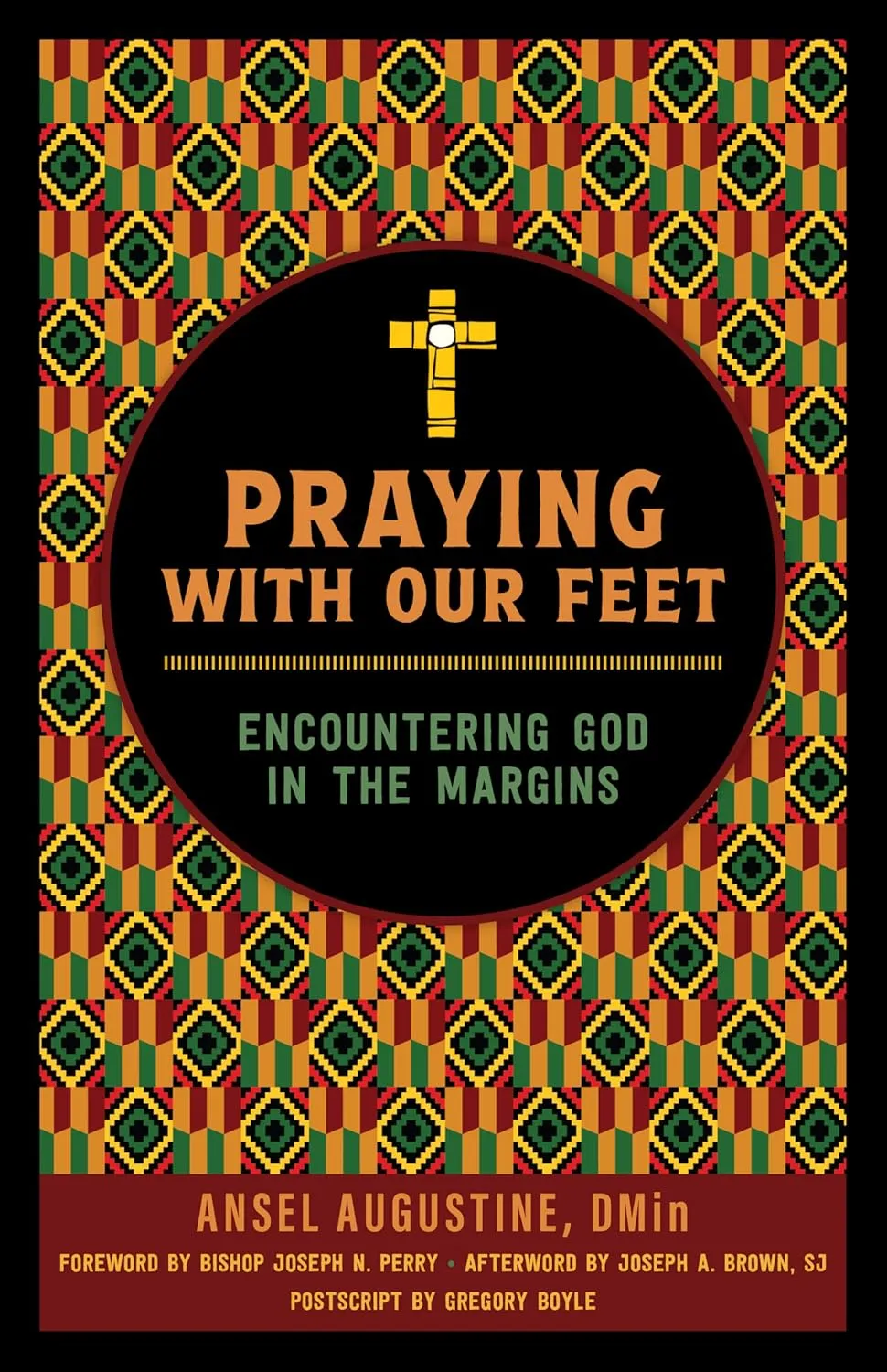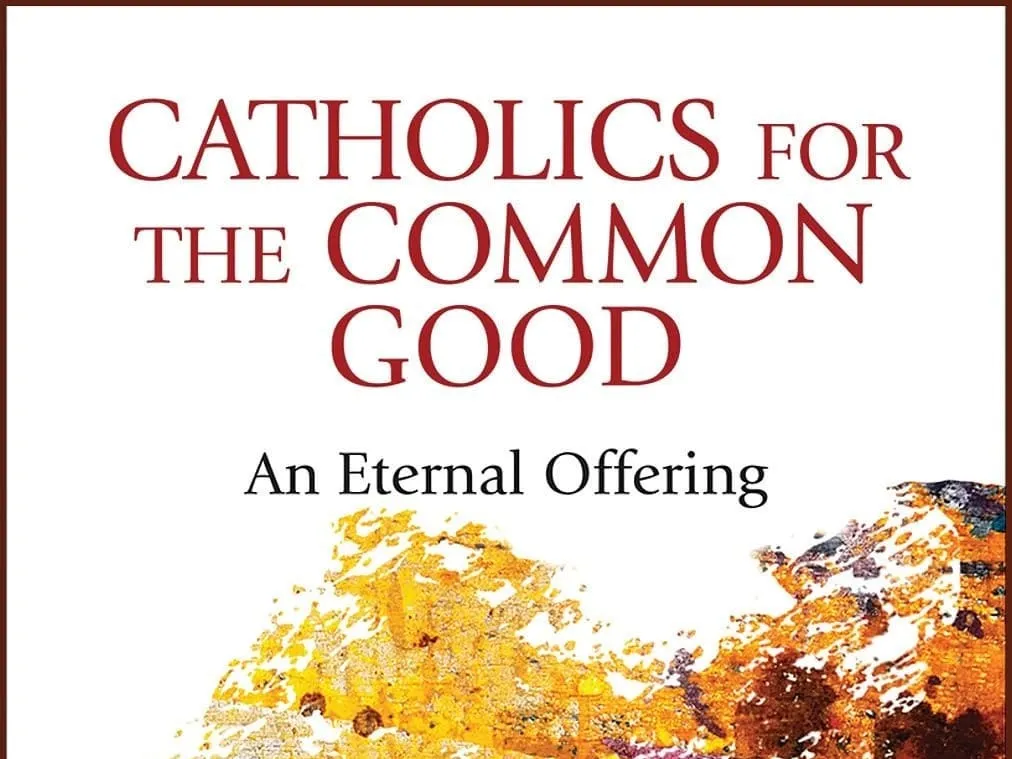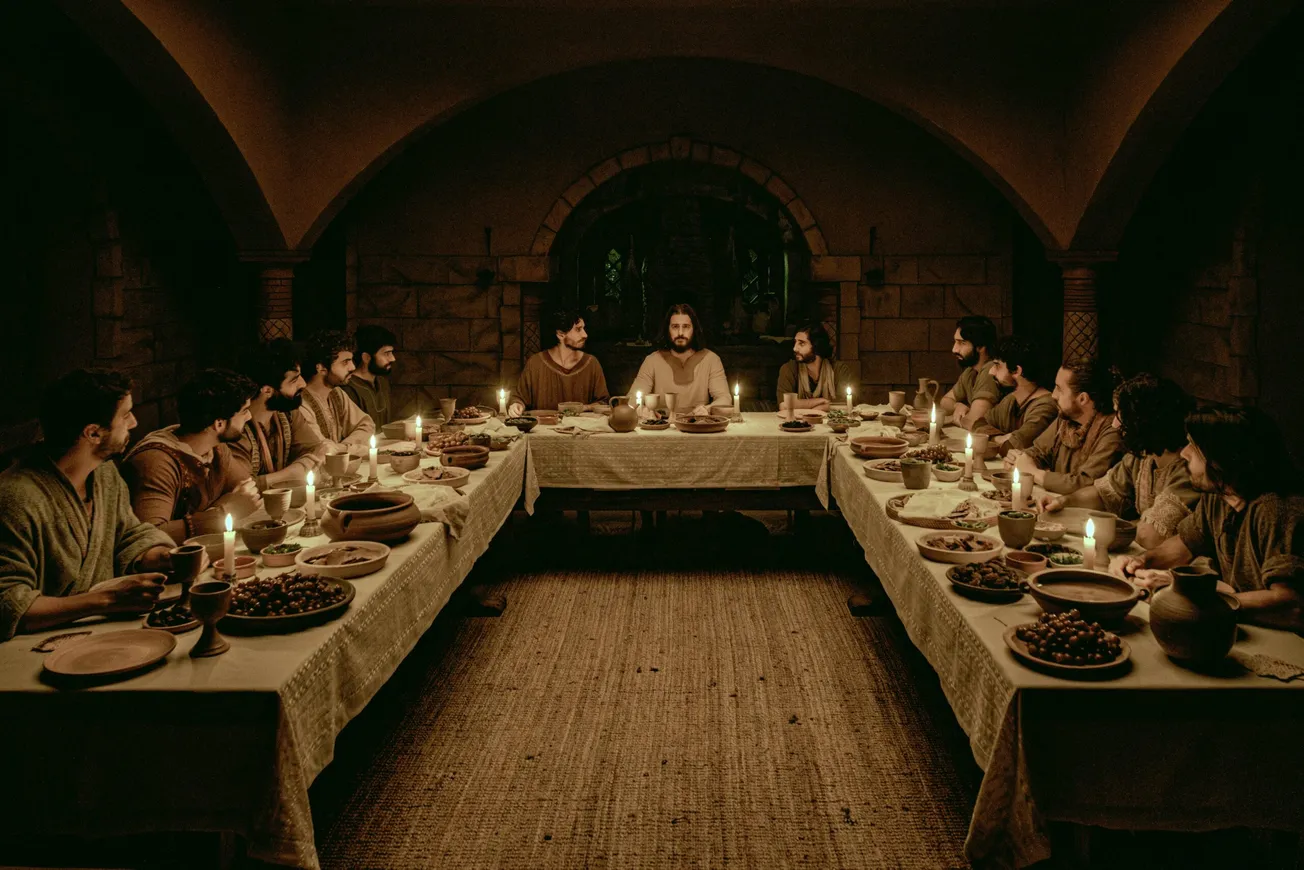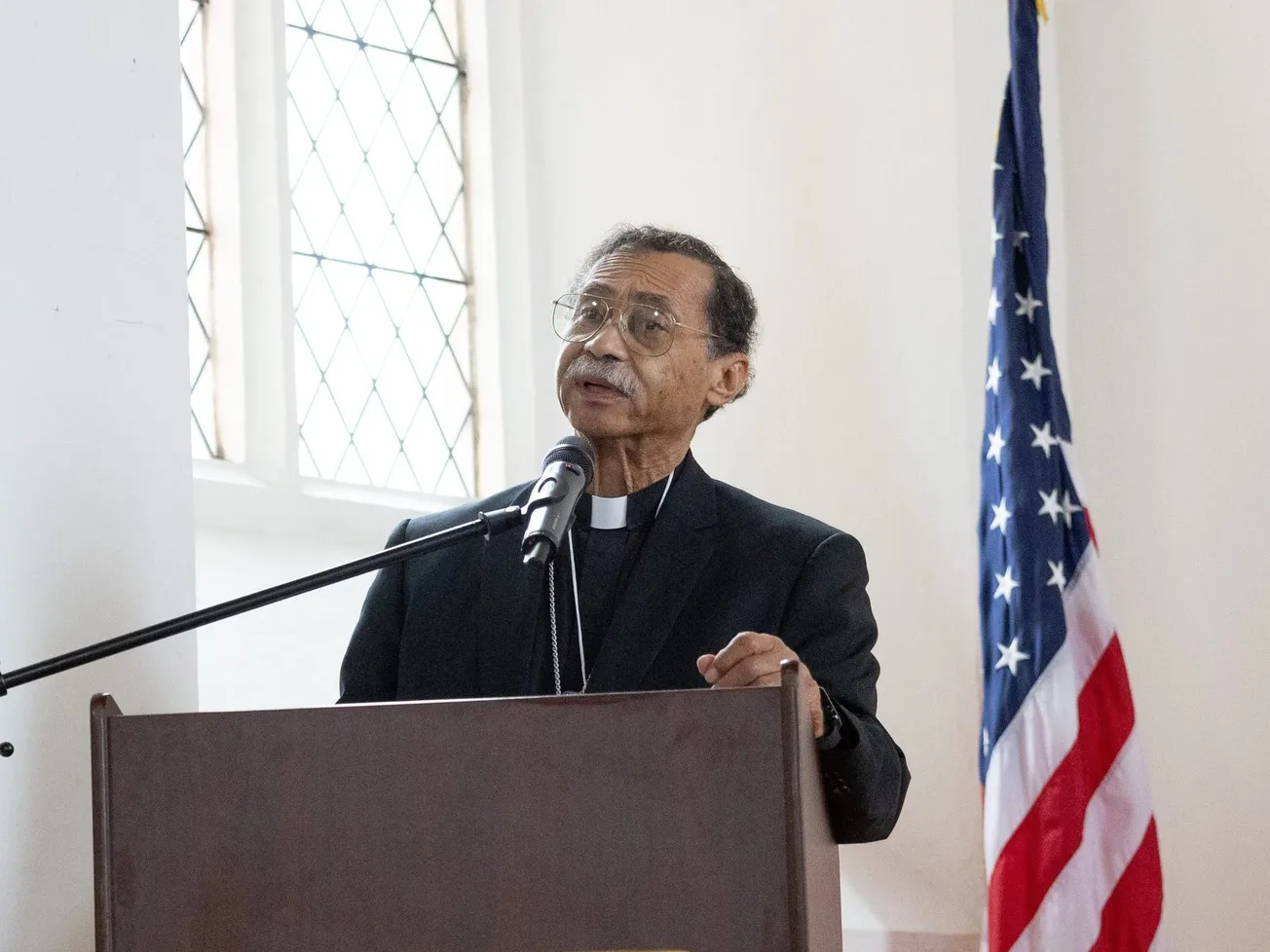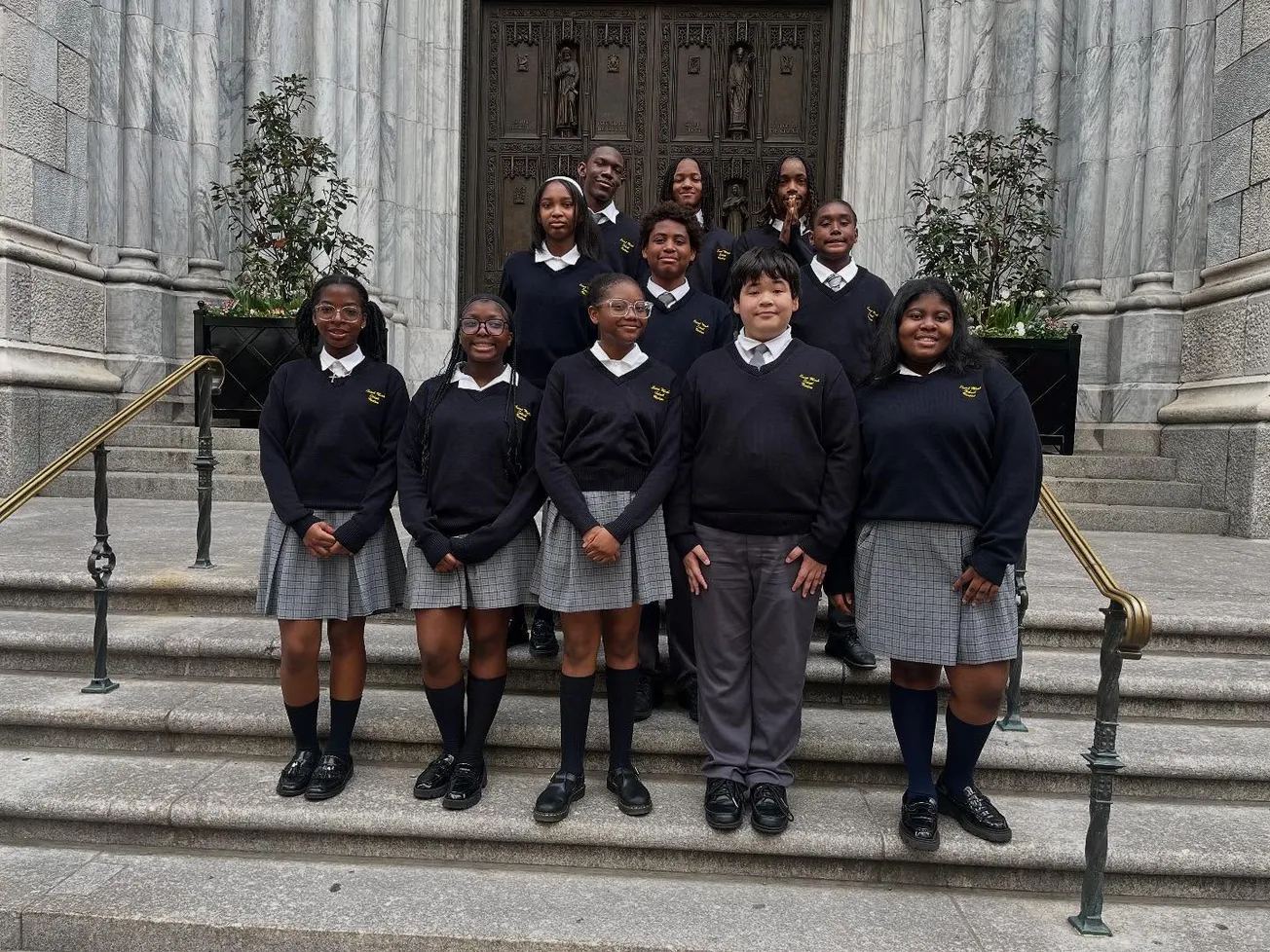Ava DuVernay’s new film “Origin,” based on the bestselling 2020 book “Caste: The Origins of Our Discontents” from Isabel Wilkerson, has a lot of things going for it. An all-star cast, supple source material, a timely national climate, and a filmmaker who knows how to get an audience activated and invested.
DuVernay’s best cinematic work in the past has involved working with true stories, be they national or local in their focus, and “Origin” in some ways charts a new path, covering a very real story that spans continents and generations, unpacking the history of Black life in America based on something bigger than race.
That said, the film’s actual genre is somewhat hard to pin down. It is a movie based on a book, but also the making of a book, but also on the adult travails of the person making the book. One question repeated at various points in the film carries relevance here: How does this all fit together?
Plot twist: it doesn't.
Aunjanue Ellis-Taylor, the film’s bright spot, portrays Wilkerson, a former Pulitzer Prize-winning journalist who is working her way through a career transition, having penned the National Book Critics Circle Award winner “The Warmth of Other Suns” in 2010.
Pressed into literary service once again, she begins work on a book that will explain how the centuries-long social struggle of African Americans cannot be reduced to racism—because similar, even interrelated systems of subjugation around the world are perpetrated fully within one racial group. (White people under Nazism, Indians under jāti, etc.)
Whatever one thinks of that argument, that is largely not how DuVernay’s film is to be judged. This is because rather than the meat of “Caste” as a narrative, a hefty portion of the film instead covers Wilkerson's personal saga of life, love, and loss.
I’ll admit: I couldn’t quite put my finger on why this was the case. While those scenes and that arc brought Hollywood “drama” to the film, it didn’t necessarily underscore anything about the book or its importance.
Unfortunately, the portions of “Origin” that actually deal with “Caste”—which most viewers will likely expect to be the bulk of the story—are remarkably on the nose, as though in a hurry to get somewhere, but leading to a climax that deals with Wilkerson more than American history.
And Ellis’ Wilkerson is stretched thin: part subject, part narrator, even part interview host. (Several scenes consist of Ellis playing Wilkerson, interviewing real-life characters covered in the “Caste” book, playing themselves. It’s… strange.)
Also hard to place is the real “point” of the story. The Wilkerson of the film is adamant that she doesn't write questions. She only writes answers. What, then, is the challenge still facing America? Caste or racism? Oddly, the film gives few concrete clues.
One example is the romantic relationship between Wilkerson and her White husband, which would seem to indicate the fraying of an American caste system. The film is happy to return to this romantic bliss for dramatic effect, but it does seem to muddle the larger plot.
Moreover, the only current affairs noted in the film are Wilkerson's interracial marriage and the murder of Trayvon Martin—committed, of course, by an Afro-Peruvian American in George Zimmerman. How this folds into the larger caste narrative is unclear, with the film framing him as a Latino and leaving it at that.
“Origin” also contains other historical errors, such as Wilkerson’s claim—perhaps from the book—that slavery lasted in the United States for some 250 years, marking the root of American caste. This is, of course, false on a number of levels, as the U.S. isn’t even 250 years old and Africans were first enslaved on these lands in the 1500s.
American caste as a theory is still important to consider. Even during the Civil Rights Movement, it was widely known that specifically being an African-American descendant of slavery was the key to understanding American prejudice. Skin color could start the engine of hate, but revealing one's identity as, say, an African immigrant could often cue the brakes (as once noted by the likes of Muhammad Ali).
This, however, does not make “Origin” a well-crafted film. Insofar as one cannot place what it is—a docudrama? Historical fiction? Romance?—it is distracted from its source material and can hardly stand on its own.
Honestly, I could say that I liked the film, but that would nevertheless be misleading. Most of what I enjoyed about it was learning things I didn't already know. Unfortunately, that enjoyment was significantly unraveled by the things that I did.
Nate Tinner-Williams is co-founder and editor of Black Catholic Messenger.



